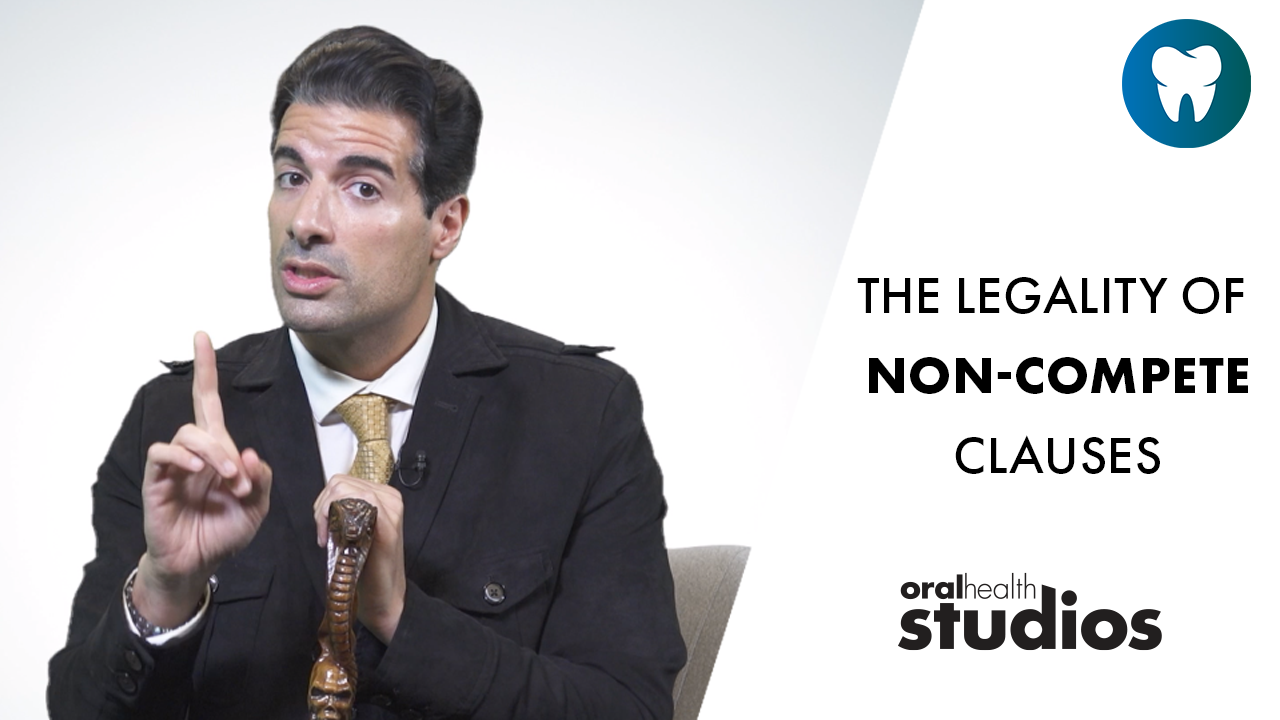The Canadian Dental Hygienists Association (CDHA), representing more than 20,000 dental hygienists working across the country, welcomes the federal budget tabled by Deputy Prime Minister and Minister of Finance Chrystia Freeland in the House of Commons on April 7. The federal budget includes funding of $5.3 billion over five years, starting in 2022—2023, and $1.7 billion ongoing, to Health Canada to provide dental care for Canadians. The federal government’s plan starts with under-12-year-olds in 2022, and then expands to under-18-year-olds, seniors, and persons living with a disability in 2023, with full implementation by 2025.
CDHA applauds the investments in dental care for low-income Canadians. However, as CDHA President Wendy Stewart notes, “It’s essential that the new federal dental program recognize the importance of preventive oral care for this vulnerable population. It must include reimbursement for dental hygiene services covered under the program.” Essential prevention services provided by dental hygienists include oral hygiene instruction, debridement, fluoride applications, sealants, and oral cancer screenings.
While further details are yet to be confirmed, it is paramount that dental hygienists be recognized as eligible oral health care service providers in the program’s final design. In most provinces, legislation allows dental hygienists to practise independently, providing dental hygiene care without a dentist. As a result, they are able to deliver dental hygiene services in a variety of settings, including independently owned dental hygiene clinics, long-term care facilities, homes, and schools. “Independent dental hygienists with their own mobile equipment can travel to rural and remote communities to provide much-needed preventive and therapeutic oral care, yet many provincial and territorial oral health programs for targeted populations do not recognize them as providers,” adds Stewart. Currently, these programs primarily pay for dentists to work with low-income individuals. “Including all licensed oral health care professionals, including dental hygienists and denturists, in this new program will finally give these programs the human resources they need to allow the most vulnerable in our country to receive the oral care they deserve,” Stewart states.
CDHA is currently developing recommendations to ensure that the new federal dental program is implemented to best address the oral health needs of individuals and families in a cost-effective manner. “Our national association is very pleased to see federal leadership in enhancing oral health for Canadians. We look forward to extending our support to government in this important work of addressing the oral health needs of the most vulnerable in Canada,” says Ondina Love, CDHA’s chief executive officer.
About the CDHA
CDHA is the collective national voice of more than 30,000 dental hygienists in Canada, directly representing 21,000 individual members, including students. Since 1963, CDHA has worked to advance the profession and promote the importance of oral health. Dental hygiene is the sixth largest regulated health profession in Canada with professionals working in a variety of settings, including independent dental hygiene practice, with people of all ages, addressing issues related to oral health. For more information on oral health, visit dentalhygienecanada.ca.












